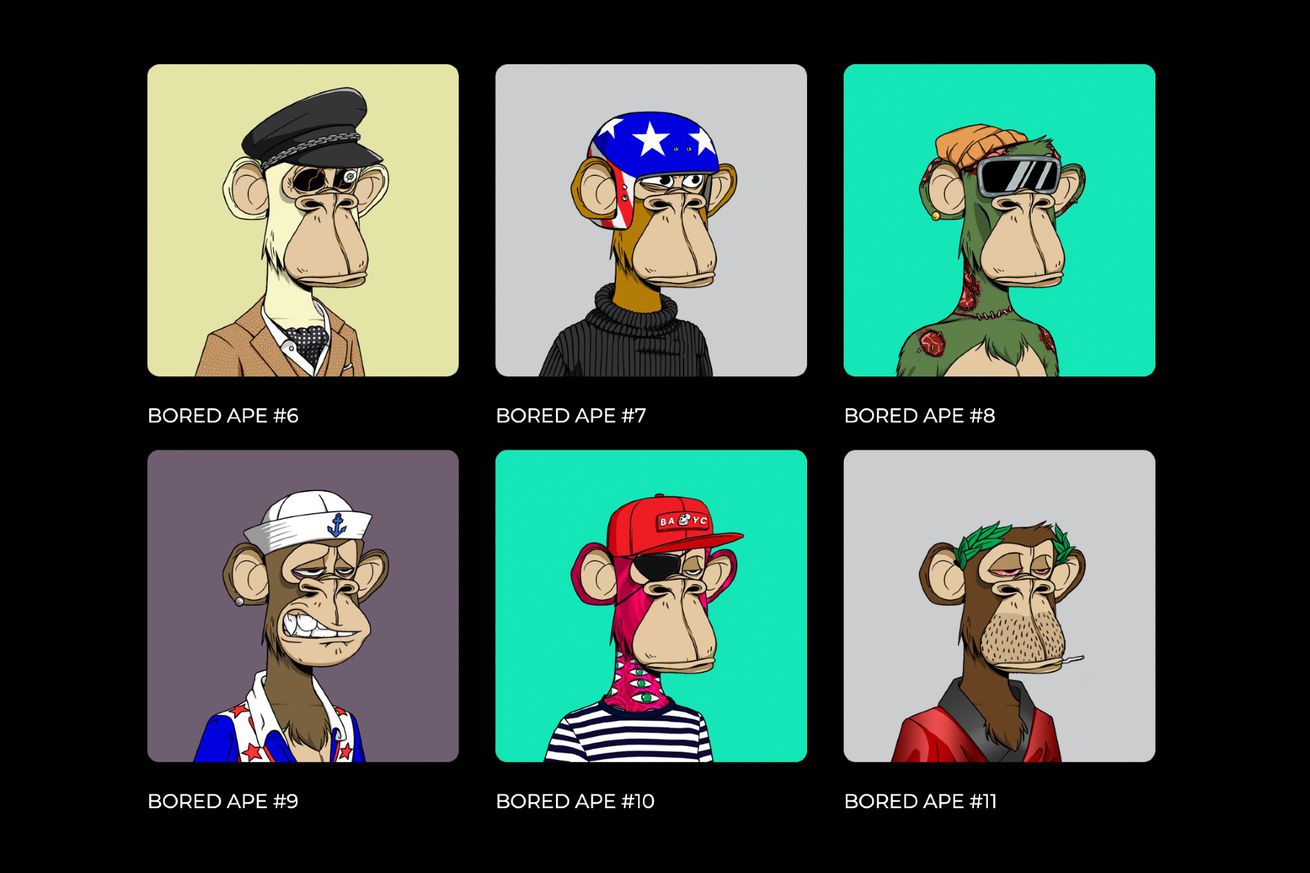
Bored Ape Yacht Club creator wins lawsuit over copycat NFT collection
A judge has ruled in favor of Bored Ape Yacht Club creator Yuga Labs in a lawsuit against conceptual artists Ryder Ripps and Jeremy Cahen, whom Yuga Labs accused of trademark infringement over a parody of BAYC’s non-fungible token (NFT) collection. On Friday, a California court said that Yuga was entitled to protect the BAYC trademark and that Ripps and Cahen’s project, known as RR/BAYC, isn’t artistic expression protected by the First Amendment. “Defendants’ sale of RR/BAYC NFTs is no more artistic than the sale of a counterfeit handbag,” wrote US District Judge John Walter in a summary judgment.
Ripps and Cahen released a set of RR/BAYC NFTs last May featuring duplicates of BAYC artwork and selling them for less than a high-priced official BAYC NFT. According to a tweet from Ripps at the time, the collection was supposed to serve as “an artistic statement on the nature of NFT” and “satire against Yuga Labs’ practice.” The collection also publicized Ripps’ claims that BAYC NFTs contained neo-Nazi imagery, something that Yuga Labs has vehemently denied.
Yuga Labs filed a lawsuit shortly after Ripps and Cahen introduced the collection, alleging the pair misused the BAYC trademarks “in an attempt to trick community members into buying their NFTs instead of the official BAYC NFTs.” It also accused the pair of engaging in false advertising that sowed “confusion” among users. Ripps did not immediately respond to an emailed request for comment from The Verge.
RR/BAYC is “a collection of NFTs that point to the same online digital images as the BAYC collection”
Despite Ripps and Cahen’s claim that the RR/BAYC project is a matter of artistic expression, the court states that the series isn’t protected by the First Amendment. It’s simply “a collection of NFTs that point to the same online digital images as the BAYC collection,” the ruling states, while noting that “defendants’ NFT marketplace sales and Ape Market website contain no artistic expression or critical commentary.”
Applying copyright and trademark laws to NFTs is largely uncharted territory, and Ripps and Cahen argued that Yuga Labs transferred its trademark rights to the people who purchased BAYC NFTs. But the court was unconvinced. It cited Yuga Labs’ terms and conditions, which state that Yuga “grants each BAYC NFT holder a copyright license for both personal use and commercial use” but “not a trademark license to use the BAYC marks.”
The court also pushes back on claims that Yuga Labs actually doesn’t own trademark rights because NFTs are intangible. To back up its ruling, the court cites a recent copyright case involving the luxury fashion brand Hermès and MetaBirkins, an unauthorized NFT line that uses images of fake Birkin bags. In that case, a New York court ruled that goods don’t have to be tangible in order for trademark laws to take effect and ordered MetaBirkins creator Mason Rothschild to pay $133,000 to Hermès.
In addition to infringing on Yuga Labs’ trademark, the court says Ripps and Cahen also broke rules related to cybersquatting, or the act of registering domain names similar to trademarked brands with the hope of profiting off of a perceived connection to them. As noted by the ruling, Ripps and Cahen created and used the rrbayc.com and apemarket.com domains, both of which contained BAYC branding, which the court finds “confusingly similar” to Yuga Labs’ branding.
It’s not clear how much Ripps and Cahen could end up paying in this case. The ruling concludes that Yuga Labs is entitled to damages, but it says the amount will have to be determined in a later trial.

